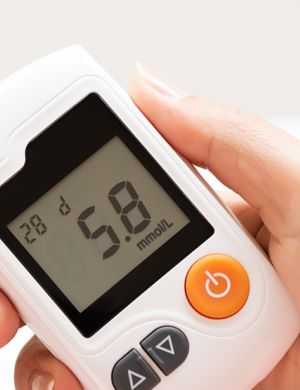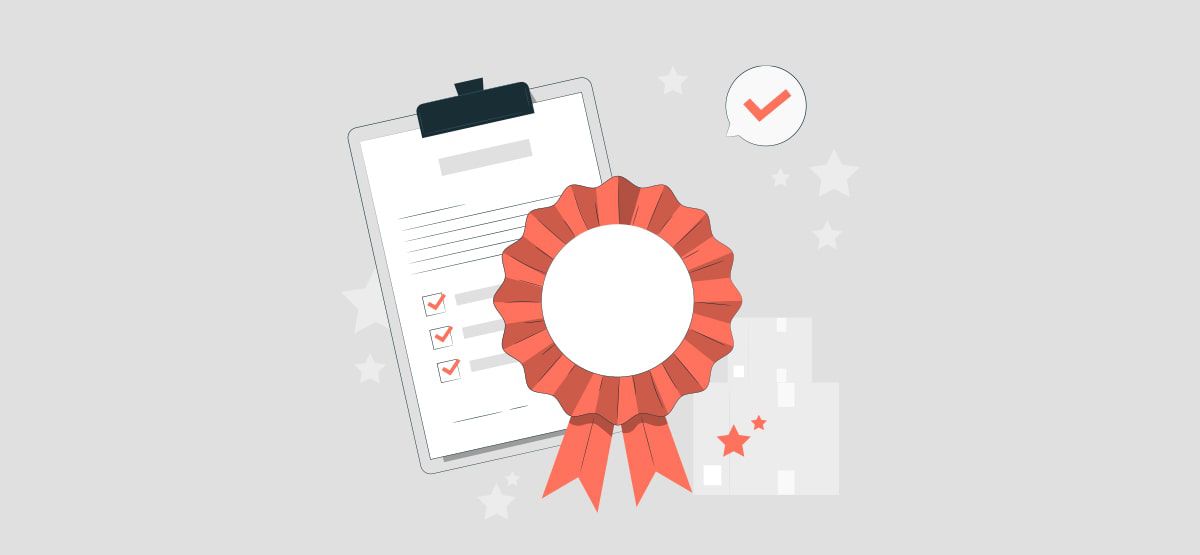
Global Regulatory Intelligence
The health authority (HA) guidelines, policies, and laws governing the product registration, manufacturing, or licensing processes keep evolving and vary across markets. Establishing an effective regulatory intelligence (RI) data strategy, governance, and review procedures from early development through the launch of the products provides the best opportunity to increase confidence in the submission compliance for each product class and HA. Regulatory intelligence is the monitoring, collecting and analyzing of publicly available and experience-based regulatory information to formulate a plan for time- and cost-efficient drug development.
Globally, regulatory intelligence teams play a critical role in ensuring the safety, efficacy, and quality of drugs. As such, regulatory professionals must serve as a bridge with regulatory bodies to effectively drive ongoing compliance. Here, relevant and timely timely insights are vital. As a result of the growing demands of their role, regulatory teams occupy a unique position as both serveal information gatherers and strategic information users. When collecting information, regulatory professionals value relevant intelligence sourced via efficient workflows; when utilizing information, they value strategically actionable intelligence.
Regulatory Intelligence (RI) enables regulatory professionals to determine the requirements for global clinical trials, compliance procedures, manufacturing requirements, advise personnel, answer strategic regulatory questions, and develop a global marketing application using data from regulatory intelligence. Going deeper into this blog will give you a better understanding of what regulatory intelligence is and how it operates. However, three points should be remembered if you want to grasp the essence of RI:
- Collect information
- Regulatory strategy
- Information
The RI procedure The practice of delivering strategic information that underpins the making of effective and efficient decisions in relation to the regulatory aspects of the business is known as regulatory intelligence. The following activities are included in the procedure: Selection of relevant publicly available data sources
- Data collection
- Data analysis
- Generation of significant information for the definition of the regulatory strategy based on the analysis
- Communication of the implications of this information for the business
- Continuous monitoring of the regulatory environment, looking for opportunities to model future regulations, policies, and legislation.
Don’t miss out! Click here to stay in touch.
Categories
- Biopharma (59)
- Consumer Health (22)
- Cosmetics (11)
- Diagnostics (5)
- Digital Health (8)
- Food (2)
- Medical Device (113)
- OTC (5)
- Regulatory Intelligence (13)
- Standards (41)
Recent Blogs
Get the latest updates from Vistaar

CONNECT WITH US

Let's talk about how Vistaar can help you





